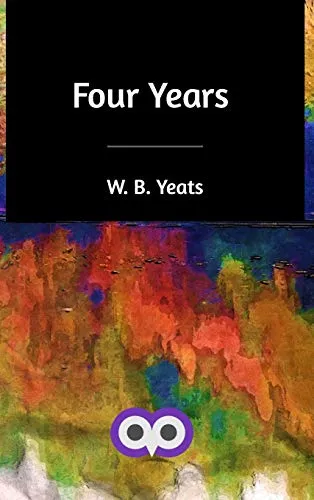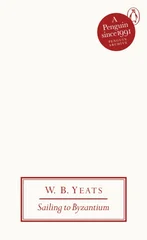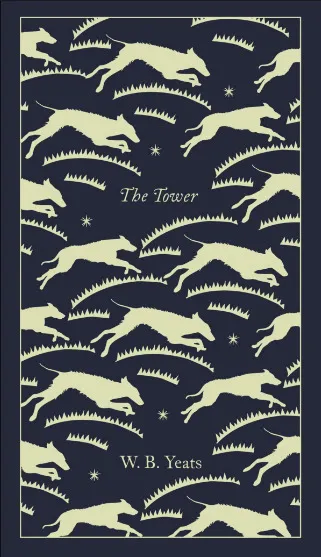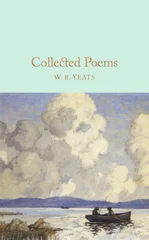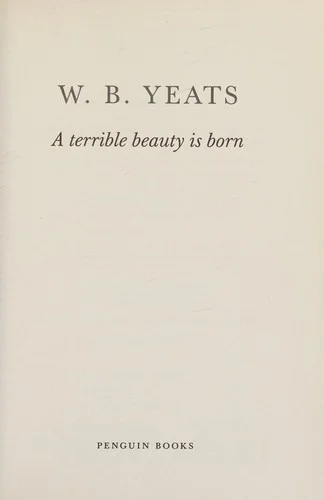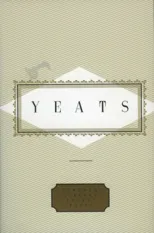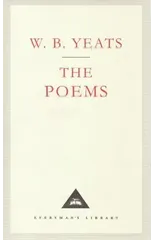Four Years
(Author) W B YeatsAt the end of the eighties my father and mother, my brother and sisters and myself, all newly arrived from Dublin, were settled in Bedford Park in a red-brick house with several wood mantlepieces copied from marble mantlepieces by the brothers Adam, a balcony, and a little garden shadowed by a great horse-chestnut tree. Years before we had lived there, when the crooked, ostentatiously picturesque streets, with great trees casting great shadows, had been anew enthusiasm: the Pre-Raphaelite movement at last affecting life.
W B Yeats
W B Yeats (1865-1939) was an Irish poet, playwright, and one of the foremost figures of 20th-century literature. Known for his mystical and symbolic style, Yeats' poetry explored themes of Irish folklore, mythology, and the occult. His most notable works include "The Tower," "The Wild Swans at Coole," and "The Second Coming." Yeats was awarded the Nobel Prize in Literature in 1923, recognizing his profound impact on the literary world and his contributions to the Irish literary revival. His most famous work, "The Second Coming," remains a timeless and powerful reflection on the chaos and uncertainty of the modern world. Yeats' legacy continues to inspire generations of poets and writers, solidifying his place as one of the greatest poets of the 20th century.
